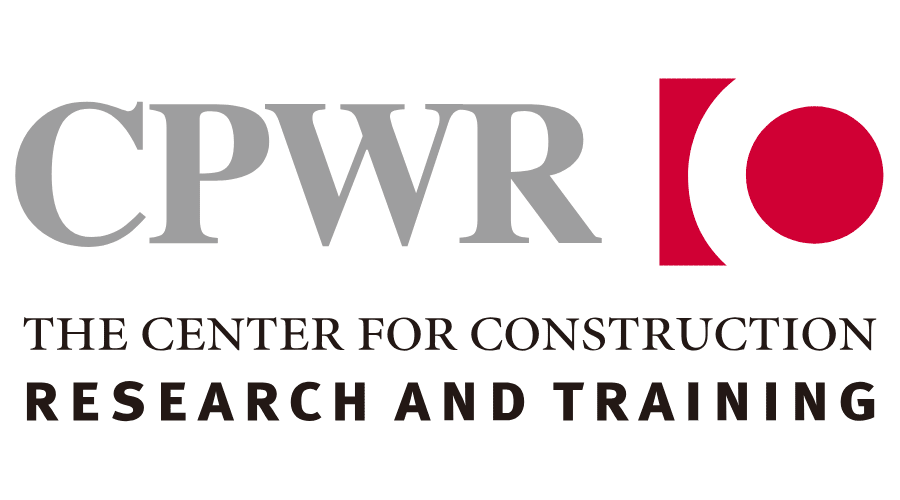As the construction workforce continues to age, CPWR – The Center for Construction Research and Training – emphasizes that older workers are not just staying longer on jobsites, they’re bringing invaluable skills with them. Their experience offers a major advantage in maintaining safe, productive work environments, especially as the industry struggles to recruit and retain skilled younger talent.
Older workers often display a strong work ethic, reliability, and deep institutional knowledge. They are particularly adept at spotting hazards, mentoring younger workers, and completing complex tasks efficiently and safely—because they’ve seen what can go wrong and how to avoid it.
Still, construction remains a physically demanding field. Years of hands-on labor can result in chronic musculoskeletal conditions, hearing loss, or respiratory issues. Age-related changes like reduced strength, balance, or heat tolerance also present new challenges.
According to CPWR, addressing these realities starts with improving jobsite organization. Contractors who proactively plan, reduce physical strain, and allow for task flexibility create environments where older workers can thrive. These changes don’t just benefit aging employees—they improve outcomes for the entire team by reducing injuries and boosting productivity.
The bottom line? Keeping experienced workers in the field longer—safely and effectively—requires smart planning and a shift in jobsite culture. By leveraging CPWR’s research and recommendations, construction leaders can support a multigenerational workforce that’s safer, more efficient, and better prepared for the future.





